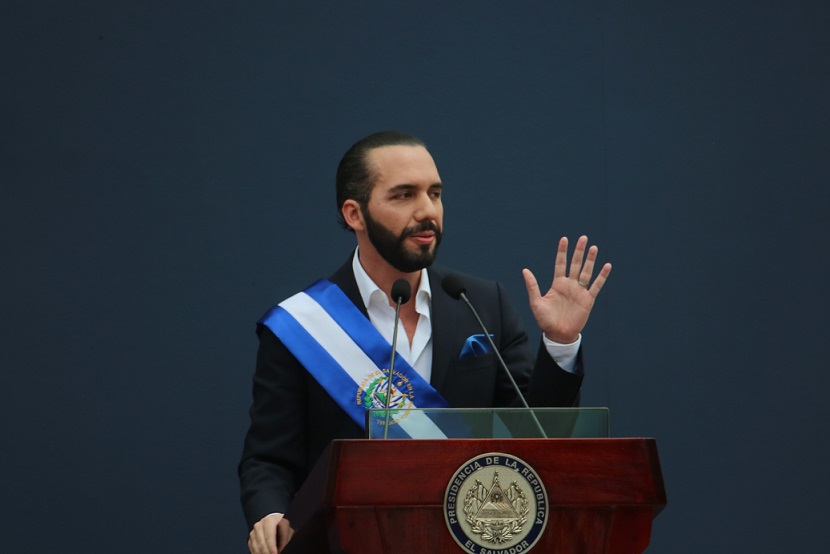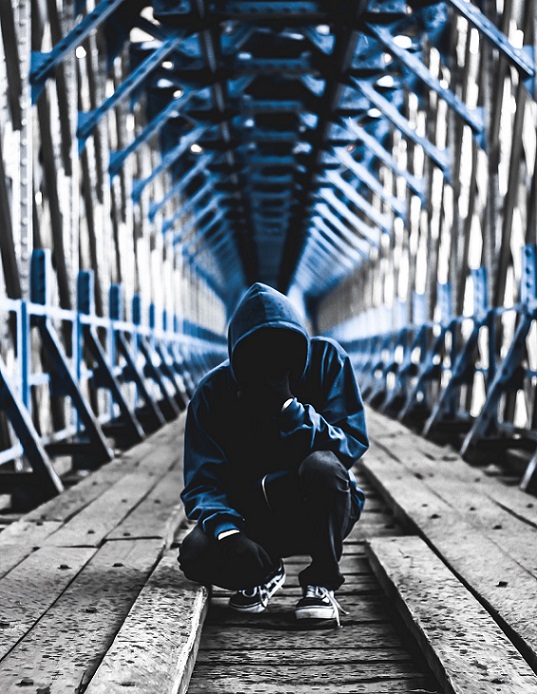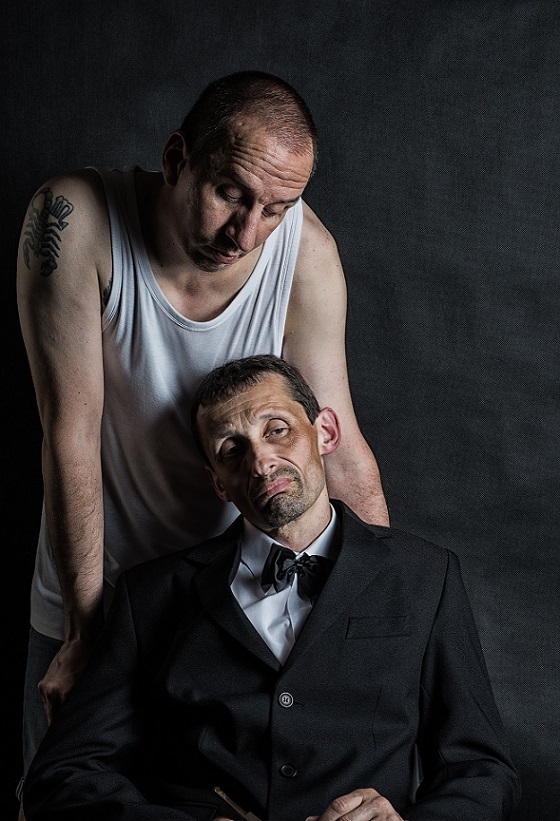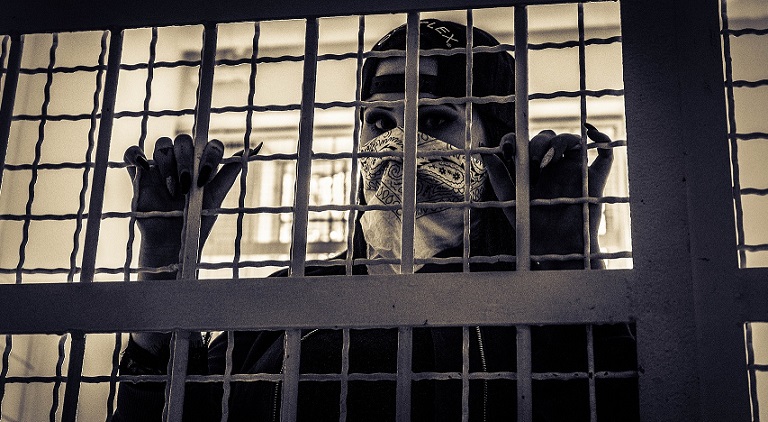El Salvador has become one of the least dangerous countries in the world after several years at the top of the list for the opposite reasons. President Nayib Bukele is the one who, in the midst of severe criticism, has made this possible.

Gang members, or maras as they are also known, were born out as a result of the extradition of thousands of immigrants from US territory. MS-13 and Barrio 18 were born in the second half of the 20th century in the United States and their influence is still felt today in several US states, despite the extradition of many gang members.
According to studies revealed by La Opinión newspaper, Salvadoran immigrants who fled the war formed both gangs in Los Angeles, but once a deportation policy was initiated, thousands of Salvadorans were sent back and settled in the two gangs in El Salvador and Honduras. Like a cancer, they spread throughout the region, mainly in the triangle El Salvador, Honduras and Guatemala, took control of neighbourhoods, municipalities, and districts. Some experts believe they infiltrated the ruling powers.
The maras used to extort money from a large part of the population, threatened people by lynching and murder, controlled local community organisations and kept a close watch on the population in order to increase extortion and threats.
According to studies revealed by authorities, the gangs had annual profits of more than 740 million dollars obtained through extortion, assassinations, drug trafficking and other illicit businesses that put the government of Nayib Bukele in check and forced him to take action to stop the scourge of armed violence and homicides.
 The decision
The decision
Nowadays, all seems to be bygone history. In 2016, for example, the country ended 2016 with 5,278 homicides, 14.4 per day, many of them carried out by these groups. Today, the average number of homicides is less than one per day, and from July to November the number of days without deaths was around 20 per month.
Everything came to a head on the last weekend of March of this year when at least 87 Salvadorans lost their lives in actions blamed on groups that the state classifies as terrorists due to the actions they carry out against society.
This led to the fight against the maras (Salvatruchas M-13, 18 sureños and 18 revolucionarios) becoming official policy aimed at creating a safe setting to enable tourism development plans to move forward and guarantee the safety of the population, which for years was held hostage by the violence of these groups.
In fact, this year the president has sparked intense controversy due to the large number of issues that affect his plan to put an end to homicides and violence on the country’s streets.
Among the measures that stand out is the application of the state of emergency approved by the Congress at the government’s request, which suspended free association and demonstration, the right to self-defence, allows the surveillance of telecommunications and correspondence, and extends administrative detention to 15 days “to give prosecutors time to investigate”.
 A few weeks before the end of 2022, the Parliament extended the emergency regime for the eighth time, which undoubtedly helped to confront the gang members and allowed the government to move forward with results in a policy that few gave any chance of success, due to the power of the gangs.
A few weeks before the end of 2022, the Parliament extended the emergency regime for the eighth time, which undoubtedly helped to confront the gang members and allowed the government to move forward with results in a policy that few gave any chance of success, due to the power of the gangs.
New figures
However, a recent assessment of the number of existing gang members has raised new questions.
There are no longer 76,000, as the country’s vice-president, Félix Ulloa, told Prensa Latina. At the time, he said there would be a state of emergency until the last terrorist was put behind bars.
The news revealed by Commissioner David Reyes Palacios, deputy director of the National Civil Police (PNC), during a report to the 75th session of the United Nations Committee against Torture in Geneva, Switzerland, raises questions about how long the measure, which many consider unconstitutional, will be extended.
This is because the new figure released is 118,000 terrorists (as the government authorities call them), which means that the state of emergency and all the deployment of technology and logistics used by the government to fight them will necessarily be extended.
Reyes Palacios explained that there are gang members in 14 districts and 80% of homicides are the result of the actions of these individuals, although this year this number of victims, he said, will be reduced by 50% in relation to the previous year due to the government’s offensive aimed at putting every last gang member behind bars.
In this respect, statements from the country’s highest officials claim that the prevailing State of Exception will not come to an end until the last of these individuals is in prison, for whom the government is building a prison to hold around 40,000 inmates.
 Critics of the government are concerned about how good security results are becoming a solid argument for the president to seek re-election in 2024. However, what is certain is that the current state of public security in El Salvador is reflected in the more than 231 days without homicides under Bukele’s administration. (PL)
Critics of the government are concerned about how good security results are becoming a solid argument for the president to seek re-election in 2024. However, what is certain is that the current state of public security in El Salvador is reflected in the more than 231 days without homicides under Bukele’s administration. (PL)
(Translated by Rene Phelvin – Email: renephelvin@mailcom) – Photos: Pixabay












.jpg)












